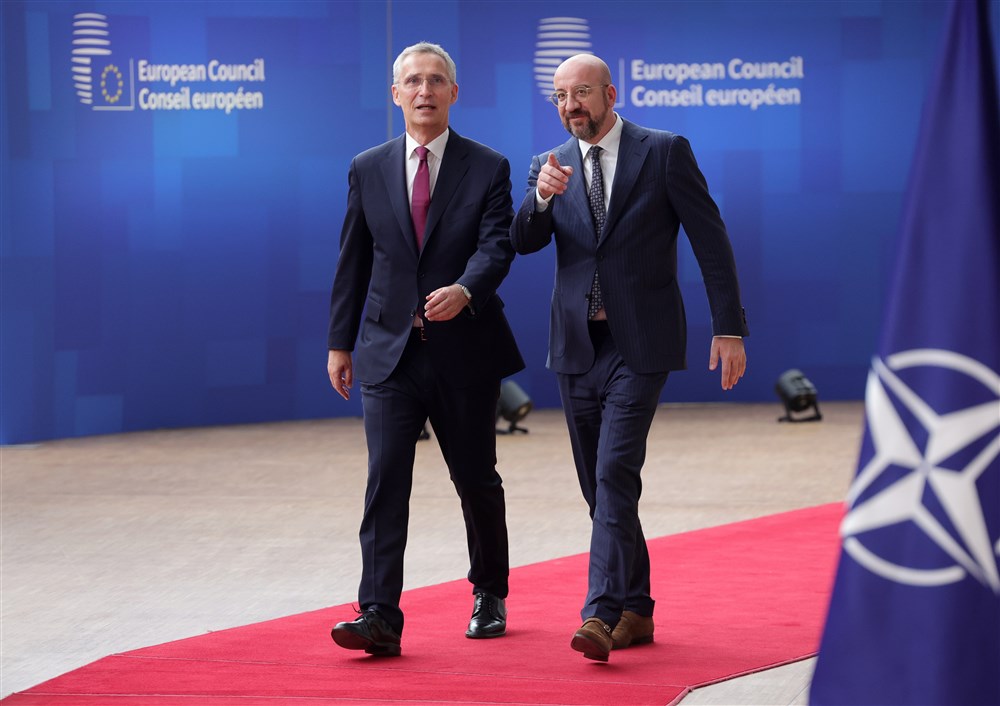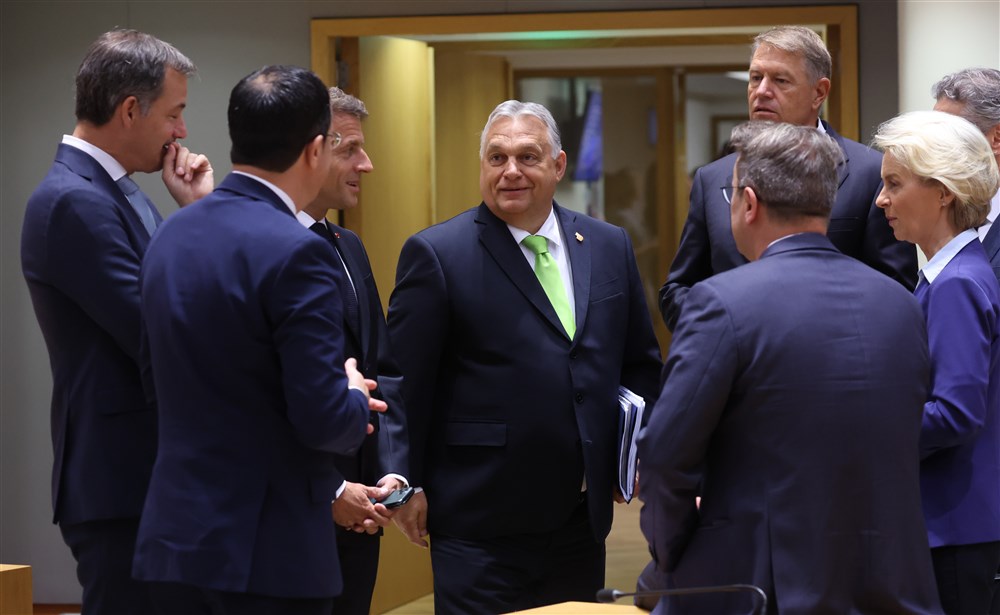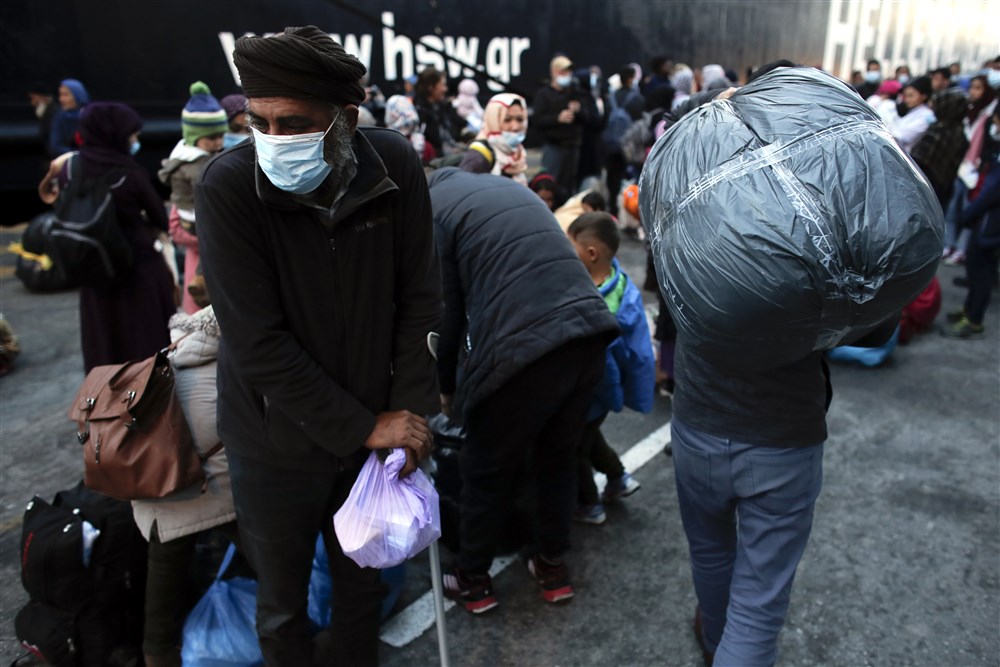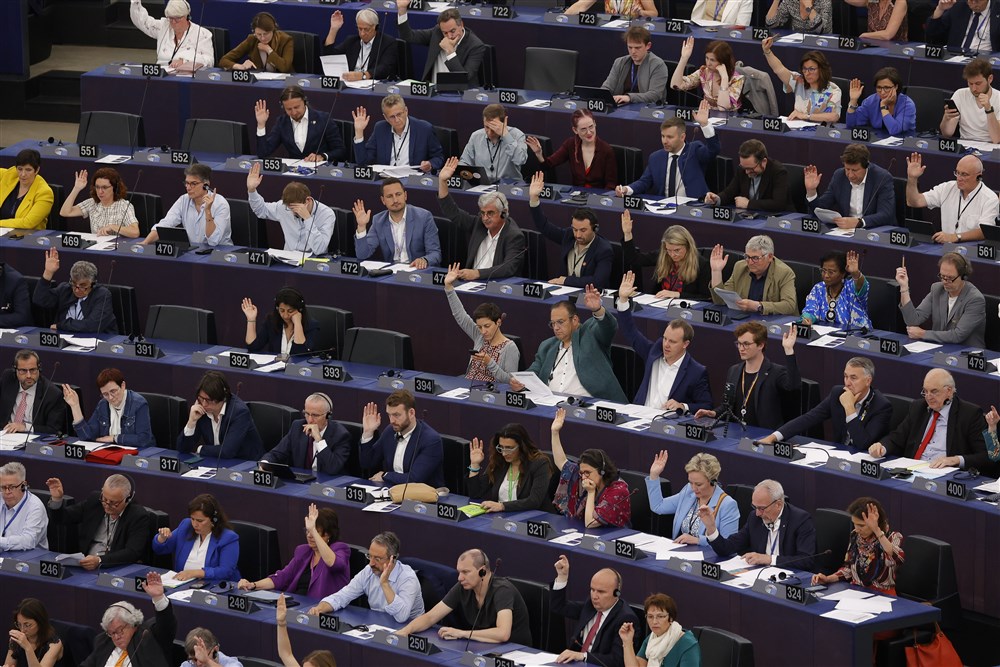It is no secret that European Council meetings can go on for an inordinate amount of time, yet still not reach a conclusion.
So it is hardly surprising that, after Hungary and Poland derailed EU attempts to unanimously agree on the proposed and highly contentious Migration Pact, as of June 30, no official position has been mandated.
While this week’s meeting of the heads of the European Union’s 27 Member States, along with the leaders of the main EU institutions, did cover a broad range of issues, it will not result in consensus on the Pact.
In the end, the President of the European Council, Charles Michel, was only left with the option of a fudged workaround. While Council summits are expected to produce written conclusions that reflect the common views of all Member States, the resistance of Hungary and Poland prevented this.
While, technically, there was nothing legally preventing the Council from taking a majority vote, Poland and Hungary scuppered that with a paper citing several previous Council commitments to always opt for unanimity when it came to EU migration policy.
Michel was, therefore, forced to produce a ‘President’s Conclusion‘, a minor face-saving move, given that Poland and Hungary effectively blocked an official acceptance of the Pact by Member States.
While the resulting Council statement laments the loss of life and decries human smugglers, it also focuses heavily on tackling the refugee situation on the EU’s external borders. It said that efforts relating to the problem would be “stepped up”.
In essence, observers say, this will mean a stronger focus on detaining and processing migrants at the borders, as well as boosting attempts at preventing illegal entry to the bloc.
In the Council statement’s last paragraph, it seems the EU has handed a small victory to Poland and Hungary in that it acknowledges the EU needs “to find consensus” on migration policy. This could potentially hand both countries a veto when the Migration Pact does finally come up for a last, binding Council vote.
Apart from the Pact, numerous other items on the meeting agenda seemed to enjoy safe passage through the Council without major incidents.
On Ukraine, for instance, the Council conclusions reaffirmed the EU’s current policy, accepting the need for continued EU financial support to the war-torn nation and condemning Russia’s actions in the war. It also fired broadsides at Belarus and Iran for their perceived support of Russia in the Ukraine conflict.
Also approved were EU plans to ramp-up its military-industrial infrastructure to produce weapons both to support Ukraine and to bolster the EU’s own defence capabilities.
EU relations with China was a major topic of discussion ahead of planned meetings between the bloc and Chinese officials. With China taking a line on the war in Ukraine that leans towards pro-Russian, and with increased tensions between the West and the East Asian powerhouse, the EU faced a dilemma due to the wide-ranging economic and trade ties the bloc still enjoys with Beijing.
Speaking at the conference, European Commission President, Ursula von der Leyen, summed up the final conclusions of the meeting as an approach of “de-risking, not de-coupling”. In other words it seems, the EU wishes to distance itself from the Chinese economy and morally condemn the Chinese Communist Party’s actions – but only enough so as to not cause too much trouble.
The Council meeting today also marked the last day of Sweden’s Presidency of the Council of Ministers. At the post-summit press conference, von der Leyen praised the work of Swedish Prime Minister, Ulf Kristersson, in leading EU policymaking for the past six months. In response, Kristersson said he “will miss” his Sunday telephone calls with her.
However, as Sweden departs, an uncertain next phase may ensue. While Spain will hold the leadership of the Council of Ministers from July 1, with the country heading into neck-and-neck elections next month, many wonder who will be leading Spain over its Council tenure.





